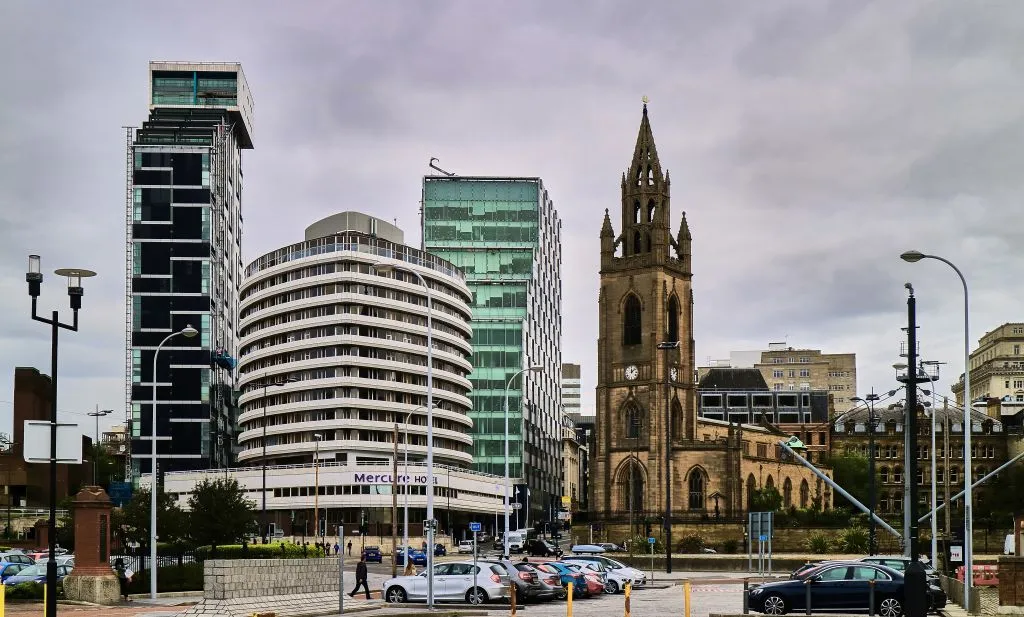Why are companies leaving Liverpool?

To retain its young people and thrive, the city and its wider region need to create interesting, well paid jobs. But the private sector isn’t buying what Liverpool is selling
“It’s like that Franz Kafka parable of bureaucracy,” says Jon Egan of Liverpool’s economic performance. Egan knows his stuff: he worked as a campaign strategist for Tony Blair in the nineties and was appointed by Steve Rotheram in 2017 in communications. “Where a plague strikes and wipes out a town, but a corporation — from its detached position up in an ivory tower — continues to function, unaware of the destruction below. Liverpool is a bit like that.”
It’s one of the more creatively slanderous ways of describing the failings of the city’s public sector for sure. But although Egan isn’t a businessman himself, his views are broadly representative of many working in the private sector. Most of them won’t say it publicly for fear of losing future contracts (“everyone is absolutely paranoid about falling out of favour,” says one source in development) but eight spoke to The Post for this piece and gave their thoughts on why Liverpool’s economy struggles to keep pace with its traditional rivals.

Latest
The Mersey’s clean-up cost £8 billion. So why is it still so dirty?
Between Labour, Reform and Jeremy Corbyn, what does Liverpool’s electoral future look like?
Pete Burns wasn’t nice, kind, or fair. But he was unforgettable
Can we revive Liverpool’s high streets?
Why are companies leaving Liverpool?
To retain its young people and thrive, the city and its wider region need to create interesting, well paid jobs. But the private sector isn’t buying what Liverpool is selling